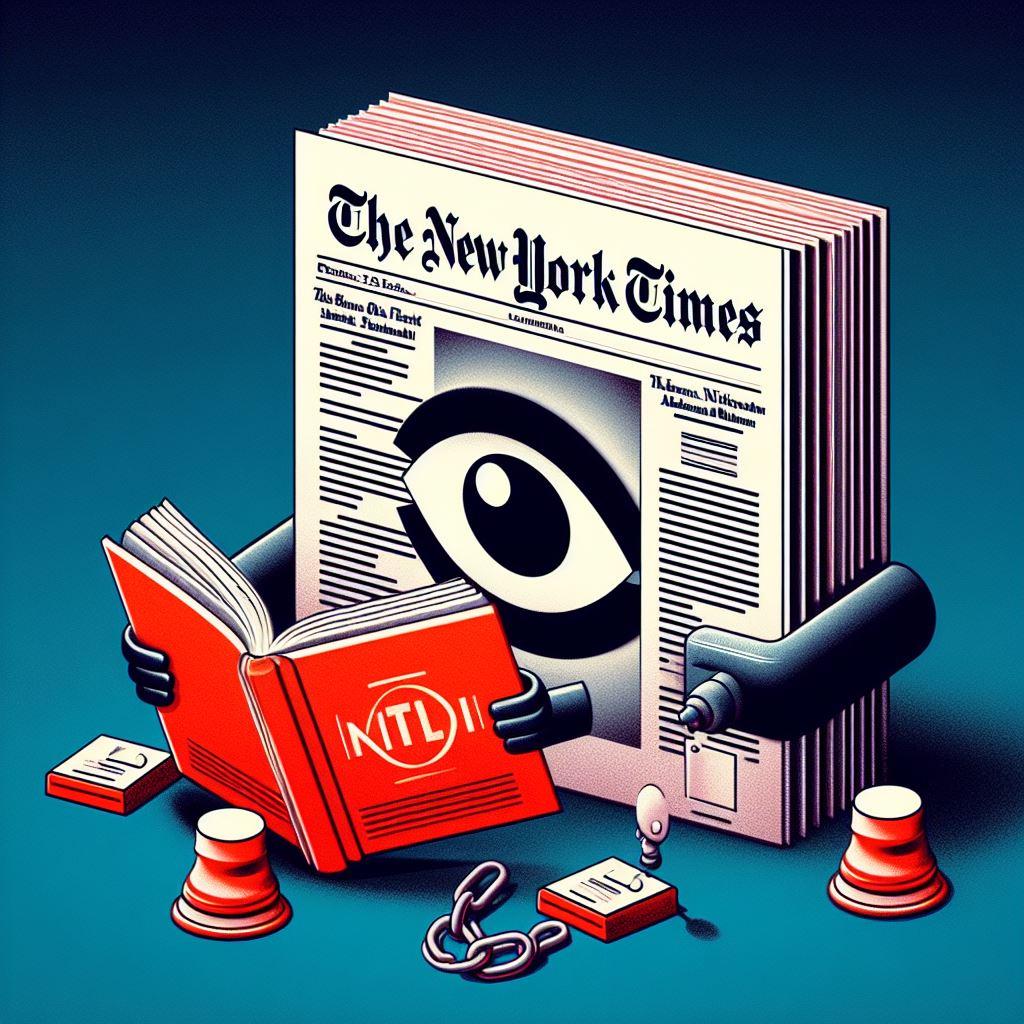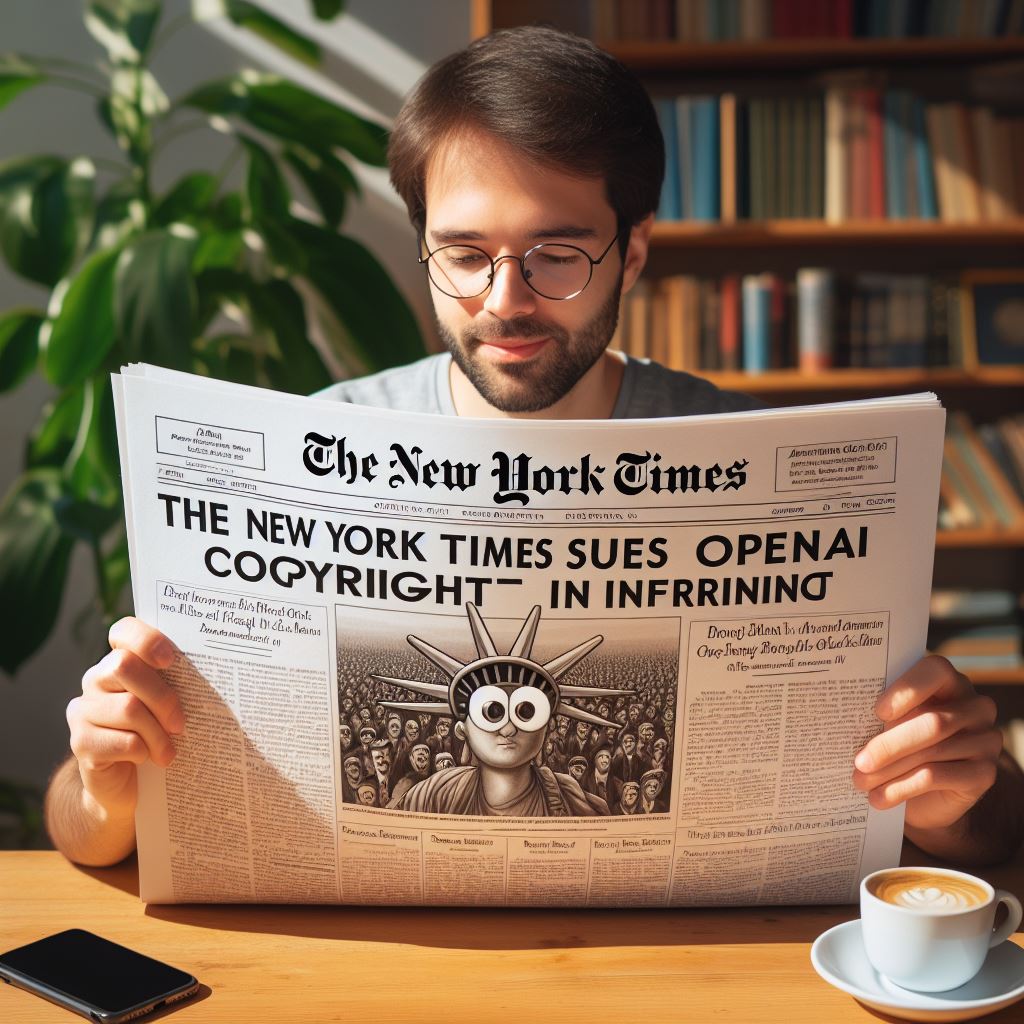The New York Times has initiated legal action against OpenAI and Microsoft, alleging copyright infringement in the development of their AI models, specifically ChatGPT and Copilot. The lawsuit contends that these large language models (LLMs) have utilized millions of Times articles, enabling them to generate content that closely resembles the Times’ output. The complaint asserts that this practice not only damages the Times’ relationship with its readers but also deprives the publication of vital revenue streams, including subscriptions, licensing, advertising, and affiliate earnings.

According to the lawsuit, the AI models in question pose a threat to high-quality journalism by undermining the ability of news outlets to safeguard and monetize their content. The Times claims that Microsoft and OpenAI have benefited significantly from releasing AI models trained on its content. Despite months of negotiations seeking fair compensation for the use of its content, the Times alleges that a satisfactory resolution was not reached.
We respect the rights of content creators and owners and are committed to working with them to ensure they benefit from AI technology and new revenue models. Our ongoing conversations with the New York Times have been productive and moving forward constructively, so we are surprised and disappointed with this development. We’re hopeful that we will find a mutually beneficial way to work together, as we are doing with many other publishers.
OpenAI spokesperson Lindsey Held

The New York Times seeks legal remedies for copyright infringement, demanding that both companies be held liable for “billions of dollars in statutory and actual damages.” The publication further requests the court to prohibit OpenAI and Microsoft from training their AI models using its content and to remove the Times’ work from their datasets.
This legal action follows the New York Times and other news outlets blocking OpenAI’s web crawler to prevent the scraping of their content for AI model training. While some publications have embraced collaborations with AI, exemplified by Axel Springer’s recent deal with OpenAI, others are taking a more cautious approach, reflected in actions by the BBC, CNN, and Reuters.








